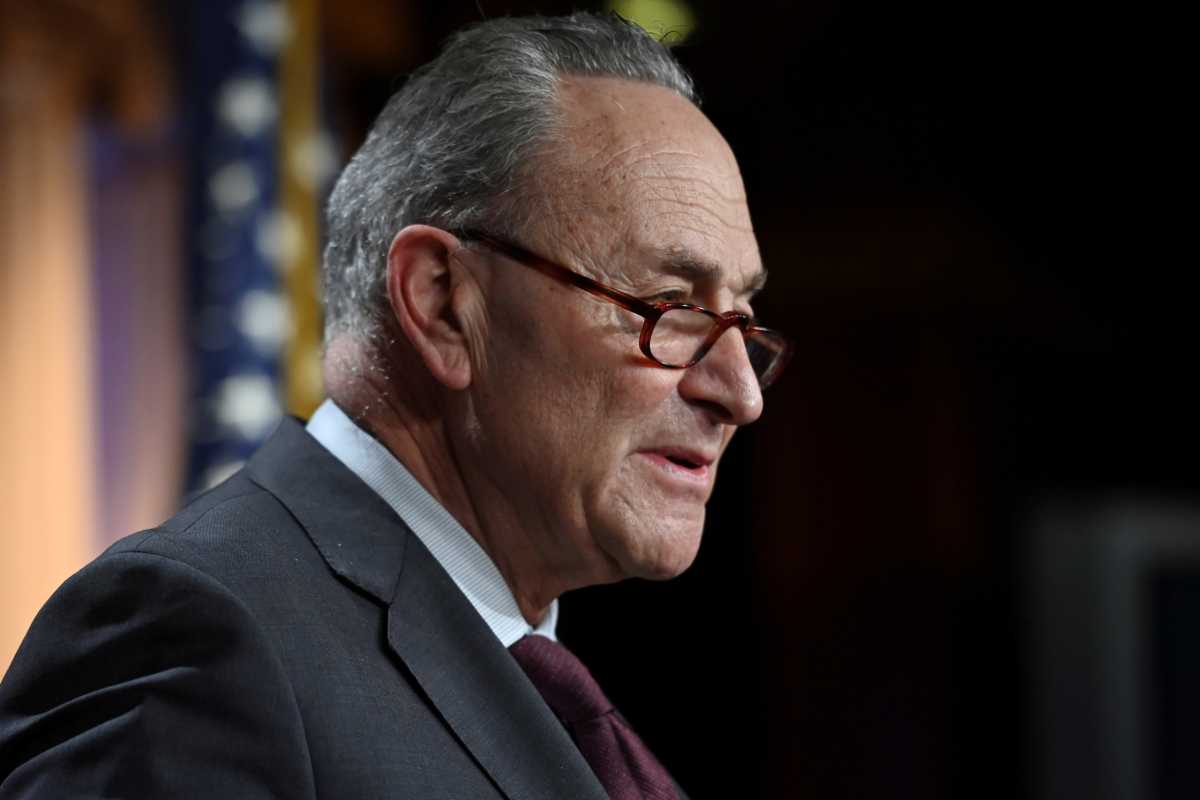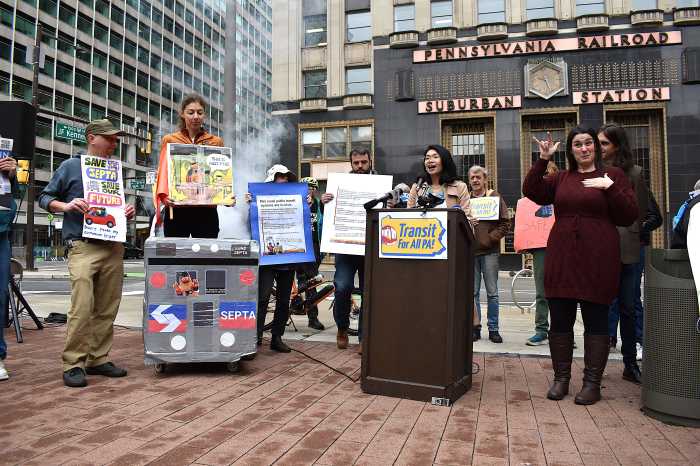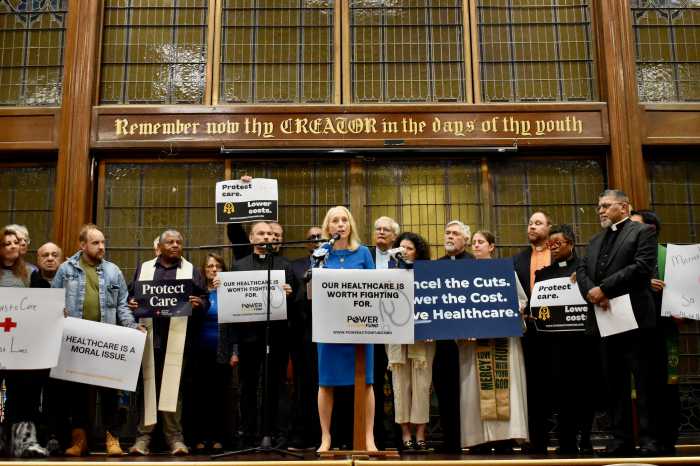By David Morgan and Susan Cornwell
Democrats in the U.S. Senate were poised on Thursday to take a first step toward the ultimate passage of President Joe Biden’s $1.9 trillion COVID-19 relief proposal, in a marathon “vote-a-rama” session aimed at overriding Republican opposition.
Senate Democrats need to pass a budget resolution to unlock a legislative tool called reconciliation, which would allow them to approve Biden’s proposal in the narrowly divided chamber with a simple majority. The House of Representatives approved the budget measure on Wednesday.
Most legislation must get at least 60 votes in the 100-seat Senate to pass. But the chamber is divided 50-50 and Republicans oppose the Democratic president’s proposal. Reconciliation would allow the Senate’s 48 Democrats and two independents to approve the relief package with a tie-breaking vote from Vice President Kamala Harris.
Senate Democrats and the Biden administration have left the door open to Republican participation but have said they want comprehensive legislation to move quickly to address a pandemic that has killed more than 450,000 Americans and left millions jobless.
“Seeing long lines of people waiting to get food around the country is something we should never see in the United States,” U.S. Treasury Secretary Janet Yellen said on ABC News’ “Good Morning America” program.
“This is really an urgent need. And we need to act big. We need to make sure that we provide a bridge so that people aren’t scarred indefinitely by this crisis,” she said.
The Democrats’ march to add more assistance to last year’s $4 trillion in coronavirus relief could be complicated by the impeachment trial of Republican former President Donald Trump, which is set to begin next week and could distract from the legislation.
Once adopted, the budget resolution would provide spending instructions to House and Senate committees charged with crafting COVID-19 relief legislation, which is likely to take weeks.
Congress would then take up the bill for passage under the reconciliation tool. Democrats say they are determined to pass the legislation before enhanced unemployment payments expire in mid-March.
The reconciliation measure does not require the president’s signature to take effect. If the Senate passes it without amendments, it will take effect immediately. If any amendments pass, the package would return to the House, which would need to vote on it again.
In a show of bipartisanship, Senate Majority Leader Chuck Schumer pledged that consideration of the budget resolution would be open to amendments from both parties in a process known informally as a “vote-a-rama.”
“I sincerely hope our Republican colleagues approach our work today with the intention of having serious ideas considered, not using the debate over pandemic relief to sharpen ephemeral partisan talking points,” the New York Democrat said on the Senate floor.
Republican lawmakers have said they could offer up to 20 amendments.
Senate Minority Leader Mitch McConnell, decrying what he called “this phony partisan budget,” said Republicans would offer amendments to reverse the “job killing” cancellation of the Keystone pipeline and block a higher minimum wage, stimulus checks for illegal immigrants and tax hikes on businesses during the pandemic.
Senator Mitt Romney, a moderate Republican, was expected to offer an amendment that would provide $4,200 per year for every pre-school child and $3,000 per year for every school-age child.
Republican Senator Josh Hawley, a conservative, was expected to propose withholding assistance from schools that do not reopen for in-person learning.
Reuters






























